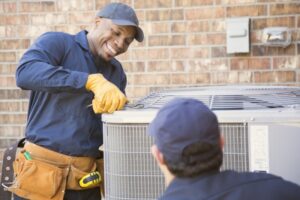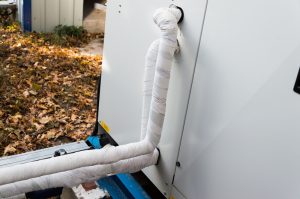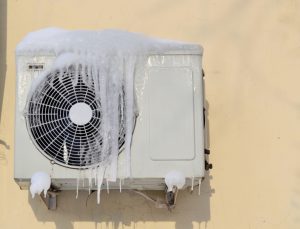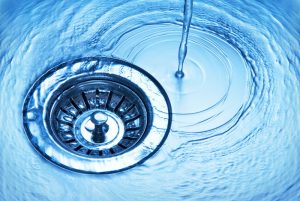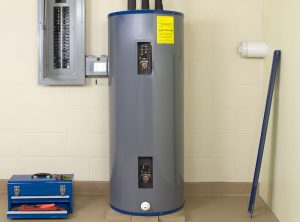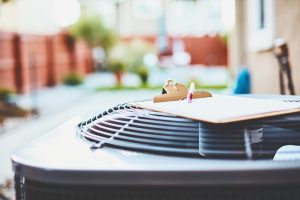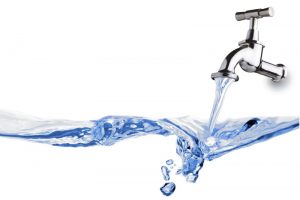
Your home isn’t fairing as well lately. Your home’s pipes are rattling, you’re dealing with lukewarm water more often than not, and you’re paying more for the plumbing services that you’re always used to. It might be time for you to repipe your home. We can be your plumber in Sandy Springs, GA.
We know that it can be difficult to find the right repiping work that you need for your home. That’s why we have a full team of professionals at your disposal. If you’d like to come to our professionals for short-notice work, we’re going to be here to help you out to get quality service.


